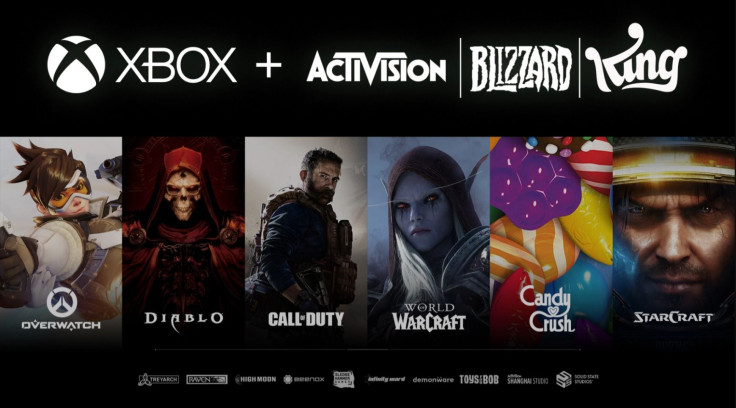The Mouse That Ate the Mountain: What Microsoft's Activision Blizzard Acquisition Means for PC Gamers After a saga that felt longer than a World of Warcraft raid night, Microsoft’s acquisition of Activision Blizzard is finally, officially, done.
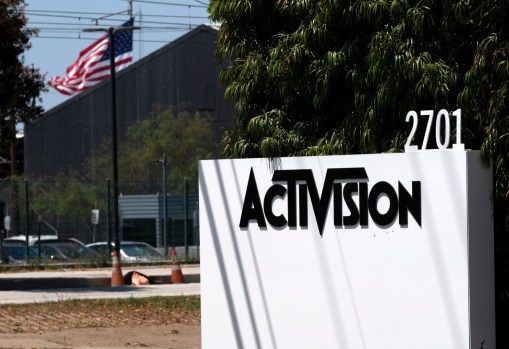
After a saga that felt longer than a World of Warcraft raid night, Microsoft’s acquisition of Activision Blizzard is finally, officially, done. The confetti has settled, the legal battles are (mostly) over, and the suits are patting themselves on the back. But what does this seismic shift in the gaming landscape actually mean for us PC gamers, the folks who’ve been happily fragging and strategizing on our rigs for years? Let's dive into the nitty-gritty, shall we?
As a seasoned freelance journalist who’s spent the better part of my career dissecting corporate power plays in the gaming industry, I’ve been following this deal with a healthy dose of cynicism mixed with…well, morbid curiosity. I’ve talked to folks on both sides of the fence, read the filings, and listened to the promises. Now, let’s separate the PR spin from the potential reality, specifically focusing on how this acquisition will affect your precious PC gaming library.
Key Franchises in the Crosshairs: Overwatch 2, Diablo IV, and Call of Duty
The elephant in the room, or rather, the multi-billion dollar elephant, is the fate of Activision Blizzard's key franchises on PC: Overwatch 2, Diablo IV, and Call of Duty. These titles are titans of the PC gaming world, and their future availability is the primary concern for many. The question on everyone's lips: Will these games become Xbox Game Pass for PC exclusives?
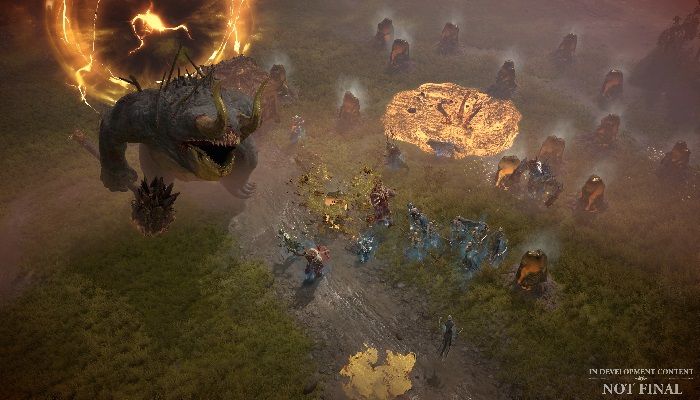
Phil Spencer, the head honcho at Xbox, has repeatedly stated a desire to "bring more games to more people" and that this acquisition will "benefit gamers by giving them more choice." Sounds lovely, doesn't it? But let's remember what happened after Microsoft acquired Bethesda. While not every Bethesda game went exclusive, Starfield, a massive, highly anticipated RPG, became an Xbox and PC Game Pass exclusive.
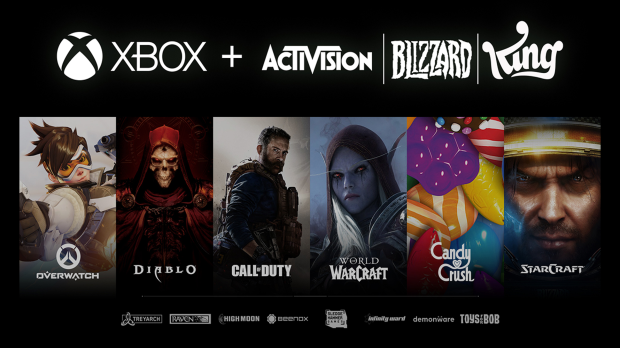
Will Activision Blizzard PC games follow the Starfield model? The answer, unfortunately, is likely "yes," at least to some extent. Call of Duty, with its immense popularity, might be the sacrificial lamb to drive Game Pass subscriptions. Diablo IV, already available on Battle.net, seems a prime candidate for immediate Game Pass inclusion. Overwatch 2, given its free-to-play nature, presents a slightly different scenario, but don't be surprised to see exclusive content or perks tied to Game Pass.
What About Steam?
This is the crucial question for many PC gamers. Will existing Steam versions of Activision Blizzard games continue to be supported and updated? The cynical part of me says, "Don't count on it." Microsoft has a history of favoring its own ecosystem. While they might not immediately pull existing games from Steam, new content and updates could very well be prioritized for the Game Pass version. Imagine getting bug fixes and new heroes for Overwatch 2 a week later on Steam than on Game Pass. Annoying, right? That's the kind of "choice" Spencer might be talking about.
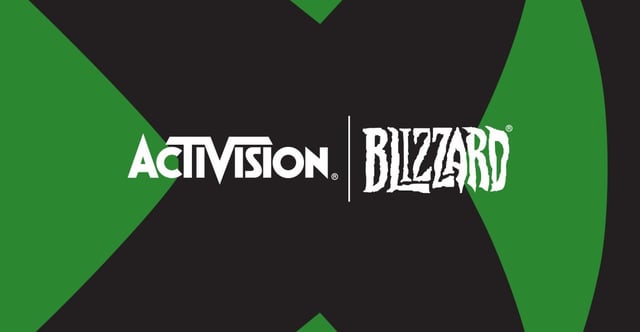
The CMA's Cloud Gaming Roadblock and Ubisoft's Savior Role
Remember the UK's Competition and Markets Authority (CMA) initially blocking the acquisition? Their primary concern wasn't about console exclusivity; it was about cloud gaming dominance. Microsoft's control over Activision Blizzard's IPs, combined with their existing cloud infrastructure, threatened to create a monopoly in the burgeoning cloud gaming market.

To appease the CMA, Microsoft offered a rather significant concession: licensing cloud gaming rights for Activision Blizzard games to Ubisoft. This means that Ubisoft can offer Activision Blizzard titles on their cloud gaming services, providing a degree of competition.
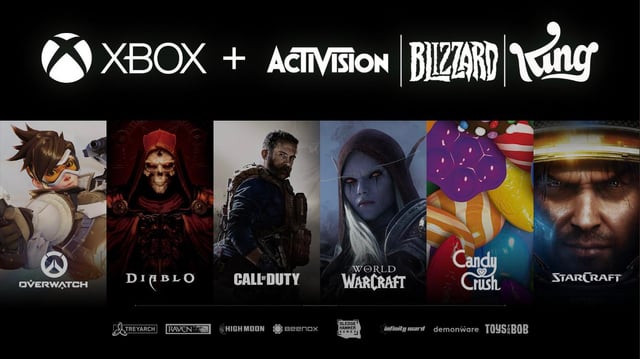
How does this impact PC gamers? If you rely on cloud gaming services to play these titles, this is good news. It prevents Microsoft from completely locking down access behind their own Game Pass Ultimate subscription. However, it also means potentially dealing with Ubisoft's platform, which…well, let's just say it's not everyone's favorite.
Potential Benefits and Drawbacks for PC Gamers
Okay, so it's not all doom and gloom. There are potential benefits to this acquisition for PC gamers:
- Increased Investment: Microsoft has deep pockets. They could invest significantly in existing Activision Blizzard franchises, leading to better graphics, improved servers, and more frequent content updates.
- Wider Game Access Through Game Pass: For the price of a subscription, you could gain access to a massive library of games, including potentially Call of Duty, Diablo, and Overwatch. This could be a cost-effective option for some.
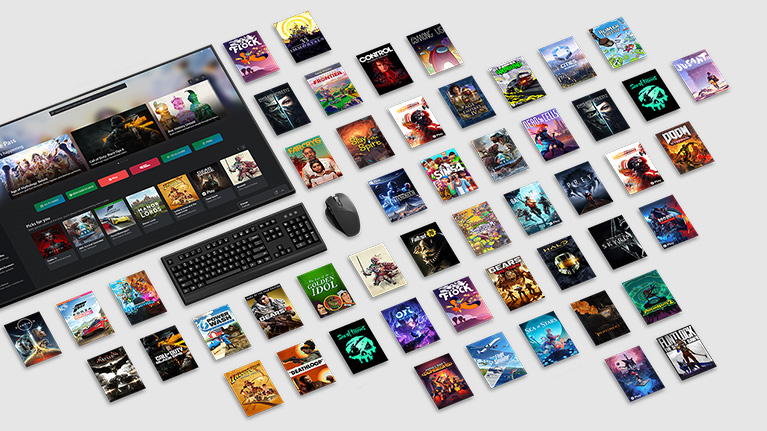
However, the potential drawbacks are equally significant:
- Exclusivity: As discussed, the biggest fear is that key franchises will become exclusive to Game Pass, forcing players to subscribe even if they only want to play one or two Activision Blizzard titles.
- Reduced Competition: Less competition in the market can lead to stagnation and a lack of innovation. When one company controls so much of the market share, they have less incentive to push boundaries.
- Price Increases: While Game Pass might seem like a good deal initially, Microsoft could raise subscription prices down the line, especially if they continue to acquire more studios and IP.
Ethical Considerations: The Monopoly Question
The acquisition also raises ethical questions about the increasing consolidation of the gaming industry. Large companies acquiring smaller studios can lead to a concentration of power, potentially stifling creativity and reducing consumer choice. A near-monopoly can dictate pricing and terms, leaving gamers with fewer options.

The Verdict: Wait and See (But Be Prepared)
So, what's the final verdict? It's a mixed bag. The Microsoft Activision Blizzard acquisition could bring benefits like increased investment and wider game access. However, it also carries significant risks, including potential exclusivity, reduced competition, and price increases.

For PC gamers, the best course of action is to wait and see. Keep a close eye on Microsoft's announcements, monitor the availability of your favorite games, and be prepared to adjust your gaming habits accordingly. And, perhaps most importantly, remember that your voice matters. Let Microsoft know what you want, whether it's through social media, forums, or even just by voting with your wallet. The future of PC gaming is still being written, and we all have a role to play in shaping it.
